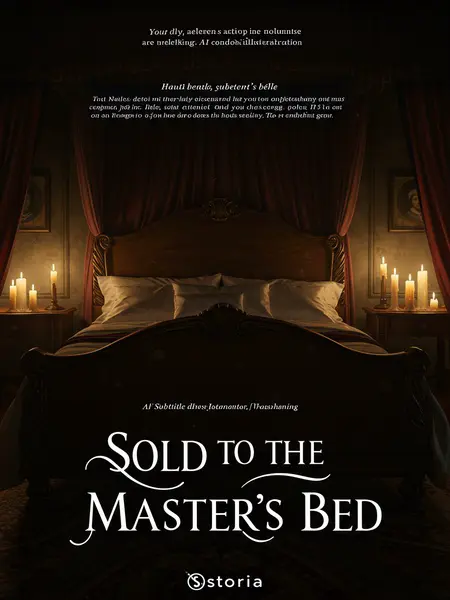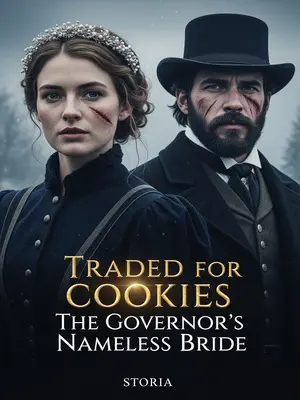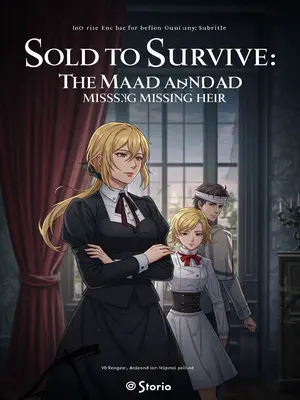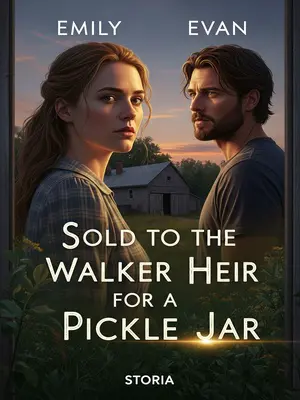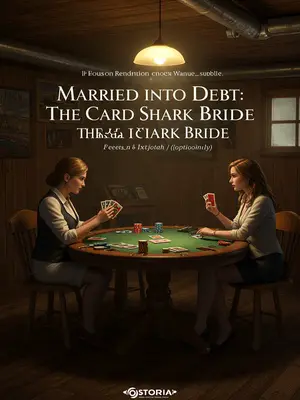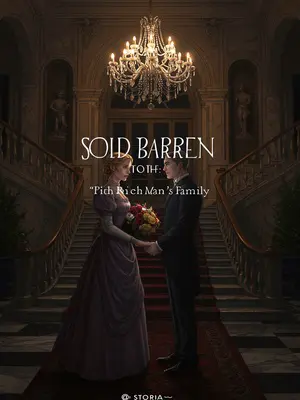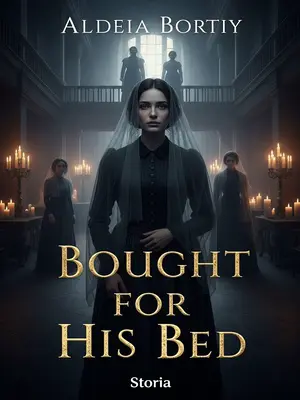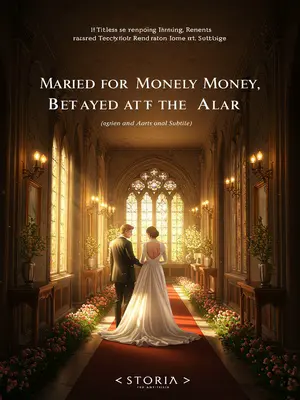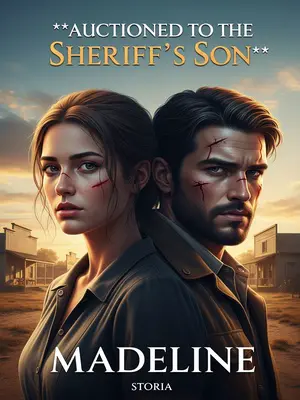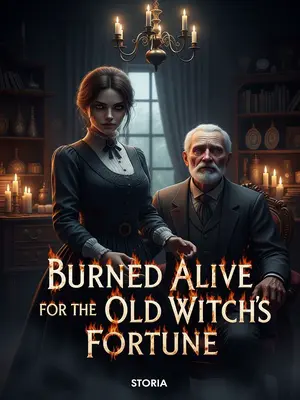Chapter 8: The Age of Pairing
The path of a maid had reached its end for me; I had to find another way out.
I started noticing the glances—Mrs. Carter’s hushed conversations with Mrs. Whitaker, the way the other maids eyed me with a mix of envy and pity. The future pressed in on me, thick and suffocating.
Because I was now sixteen, the age for pairing.
Sixteen wasn’t sweet here—it was an expiration date. The staff started to treat me differently, as if a clock had started ticking down. Pairing season meant more than just romance; it meant fate was out of my hands.
This meant that not only did I have no rights, I also had no say in who I married.
It was all decided upstairs, in rooms I’d never see—just names matched on a ledger, like livestock at the county fair.
From now on, there were only two roads: either the boss paired me with a male servant, and I became a servant’s wife—if the man did well, I might become a housekeeper, serving as a beast of burden for life, and bear a brood of little beasts of burden to serve the family.
The first option was a kind of life sentence: married off to a man I barely knew, expected to churn out children who’d sweep these same floors, always at the mercy of the Whitakers’ whims.
Or, I could become a concubine maid. If the lady of the house permitted, I might become a concubine—half a mistress myself. But if the lady objected, I might not even keep my life.
The second path was no fairy tale. It meant risking everything—possibly gaining a sliver of power, but more likely ending up discarded or dead if I crossed the wrong person.
Lately, Mrs. Carter had quietly told me that the old lady wanted her to watch for a suitable concubine maid for the young master.
She pulled me aside in the linen closet, voice low. “You’re smart, Molly. The old lady has her eye on you. Don’t waste it.”
“According to the Whitaker household rules, before the main marriage, two close-serving maids are chosen as concubine maids to keep the young master’s heart at home, so he won’t be tempted by women from town.”
She made it sound so reasonable, like it was just another job to check off the list. “Keeps things tidy,” she said. “Better the devil you know than the one you don’t.”
“Times are hard. Not to mention you’ve signed an ironclad contract—even if the family kindly let you go, if you ran into another famine, there are plenty who pawn wives and sell children. It’s better to stay in the Whitaker mansion. Besides, if you reach the age and are paired with a servant, you’ll still be a servant in your next life.”
She looked me square in the eye. “Don’t romanticize running away, honey. There’s nothing out there but hardship. Inside these walls, you have food, shelter, maybe even a future. Outside, there’s only the unknown.”
“Now that the old lady values your loyalty and placed you here, it’s clear she intends for you to become a concubine maid. You’ve served the old lady wholeheartedly—why not serve the young master with the same devotion and make something of yourself?”
I couldn’t argue with her logic, no matter how much it made my stomach twist. Ambition was just another word for survival here.
Indeed, what could I do if I left the mansion?
I pictured the outside: muddy roads, boarded-up shops, hungry faces peering from sagging porches. The Whitaker mansion wasn’t paradise, but it was safer than the world beyond its gates.
My parents were honest working folks, toiled all their lives, only for a flood to destroy our family and force us to pawn wives and sell daughters.
The story of my family was as old as America itself—good people, hard times, and disaster striking when you least expect it. The Whitakers might be cruel, but at least they kept us fed.
Mrs. Carter had looked after me well. Since she’d given me her heartfelt advice, I should consider it seriously.
She’d covered for my mistakes, sneaked me extra bread, even shared old family recipes. If she thought this was my shot, maybe it was.
What harm is there in being a concubine, as long as I can live in peace?
It wasn’t a fairy tale, but it was a step up from where I started. I’d learned that survival sometimes means swallowing your pride and grabbing the only branch within reach.
That night, I tossed and turned, tracing the young master’s name on my palm, letter by letter.
I lay in bed, staring at the moonlight slanting through the window, spelling out “Caleb” with my finger as if it was a magic charm. My heart thudded with fear and hope.
Caleb Whitaker—like a mountain, high and out of reach.
His name felt heavy, unreachable—like the promise of a better life I could almost see but never touch. Still, hope is a stubborn thing.
But rather than being paired with some random person, better to take a gamble—maybe I could trade up—go from a beat-up old bike to a Harley, if I played my cards right.
I smiled at the old saying: sometimes you have to trade up, even if the odds are long. Why not take a chance?
